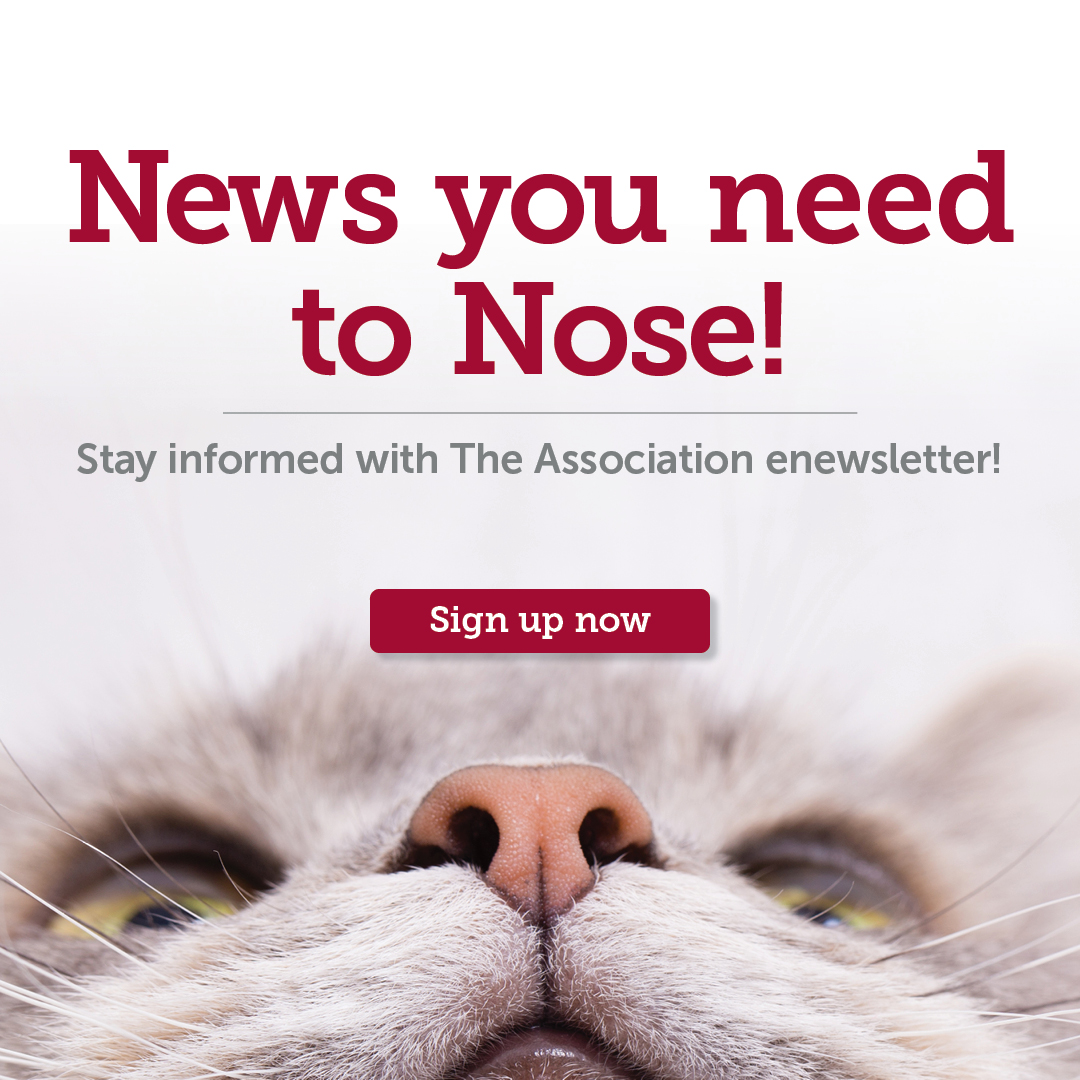News, ideas & inspiration from industry leaders

10 Reasons Why Certification in CAWA Matters
Thinking about becoming a CAWA? Joe Elmore, CAWA, CFRE, just might inspire you to take the next step.
Credentialing matters.
I cannot imagine the number of times we have all wished for the proverbial “silver bullet” in the animal welfare sector. Perhaps, an open mind is the silver bullet. And, regularly seeking educational opportunities nourishes an open mind.
In 2006, I became the first ASPCA employee to earn the Certified Animal Welfare Administrator (CAWA) credential. It was grueling, but well worth it. Over the past 17 years, the benefits I’ve experienced from earning the credential are countless.
At Charleston Animal Society, where I serve as President & CEO, we’ve had 10 CAWA-credentialed employees. Leveraging this coveted credential, five of them moved on to advance their careers in leadership positions with other animal welfare organizations.
Credentialing, like strategic planning, is not a one-and-done achievement. It’s a process. As in strategic planning, a plan is not the goal, rather it is the process of continual stewardship to evolve the organization. With credentialing, the certification is not the goal—it’s the process of continual educational development to evolve the individual. With this in mind, here are ten reasons that earning your CAWA credential can feed into that ever-evolving process.
Credentialing Opens Doors
The CAWA brand is growing, and is increasingly recognized as the vanguard credential in the field. At Charleston Animal Society, we will interview any potential candidate who holds the CAWA credential for a leadership position. We can be assured of a significant comprehensive knowledge base in animal welfare, a knowledge base that enables the individual to see the big picture in their role. In addition, we know that the CAWA holder will continue seeking educational opportunities.
Credentialing Leads to Financial Rewards
Many organizations and companies recognize the importance of professional credentialing and the value it brings. For the past decade, at Charleston Animal Society, an employee who earns the CAWA credential immediately receives a $2,000 increase in salary independent of other rewards. It’s a cost-saving move, too. With ongoing professional development required to achieve the continuing education units to maintain credentials, the CAWA employee is arguably going to bring value exceeding the $2,000 increase in salary to the organization.
Credentialing Enhances a Mentally Fit Employee and Organization
As an employee grows, so does the organization. One is directly linked to the other. The professional growth of an employee is nurtured by exposure to academic information supplemented by engagement with other professional colleagues. Most often, we are introduced to colleagues from other organizations through learning opportunities at conferences, workshops, and other gatherings. Maintaining the CAWA credential requires us to pursue these opportunities, benefitting the employee’s growth as a leader, which ultimately leads to the organization’s growth and fitness.
Credentialing Reduces the Risk of Liability to the Employee and Organization
Credentialing helps to protect employee, volunteer, customer, animal, and organizational safety by ensuring leaders have the experience and knowledge necessary to operate a nonprofit organization or government agency in an optimally safe manner. The process of credentialing helps reduce the risks of costly errors and practices, minimizing liability to and enhancing trust in the organization.
Credentialing Improves Customer Trust in the Employee and Organization
How many times have we heard outdated, incorrect information that an adopter, donor, reporter or other community member learned from social media, the internet, or hearsay? To debunk misinformation, we need good standing, or credibility, in the eyes of the individual who is asserting it. Good standing leads to trust, which can help us become the “go-to” source for knowledge about animal welfare. The CAWA credential play a large role in earning good standing.
Credentialing Enhances the Reputation of the Employee and Organization
More constituents, donors, adopters, clients, etc., than ever before are researching our organizations, practices, and staffs before committing to us. This may entail checking staffmembers’ backgrounds, in addition to customer reviews online. Undergoing a comprehensive process of credentialing is one of the best ways to boost your reputation. When potential clients and customers research you, seeing credentialed employees translates that your organization is merited, reputable, and can be trusted.
Credentialing Lays the Foundation for Organizational and Individual Values
Credentialing is a principal driver of professional development. An organization or an individual who consistently pursues and maintains credentialing demonstrates to the community, the organization, and potential employers that professional development is integral to the individual and organization’s growth and standard of excellence.
Credentialing Ensures Quality Assurance and Improvement for the Employee and Organization
Credentialing, as a process, provides quality assurance in the animal welfare field. It’s a solid methodology of ensuring standards of quality and leading practices are sought out and ideally implemented as resources allow. It also establishes a culture of quality improvement vs. quality control.
Credentialing Prevents the Loss of Revenue for the Employee and Organization
Comprehensive credentialing in management/administration, such as that involved with the CAWA credential, prevents animal care and control entities from losing countless dollars by incorporating fiscal knowledge testing and associated regulations and laws, such as those in the human resources, workplace safety, and nonprofit/public sector arenas. The CAWA credential assures any potential investor (from employer and donor to grant maker and contractor) of a standard knowledge base and expertise. Credentialing leads to confidence; confidence leads to investment.
Credentialing Delivers a Competitive Edge for the Employee and Organization
In a world where the private nonprofit competes with the public sector, nonprofit organizations and government agencies must find ways to stand apart from the crowd. Credentialing proves to donors, taxpayers, elected officials, and decision-makers that your operation has staff who are experts in their line of work. Additionally, being credentialed can help you enlist others to your operation who would be more inclined to join an organization/agency that places a high value on expertise. The CAWA process gives your operation an advantage over those who do not have CAWA-credentialed employees, subsequently contributing to your continued growth.
Learn More
Quiz: Are You Eligible to Become a CAWA?
Getting Buy-In: Making the Case for CAWA
Take A Sample Mini-CAWA Exam


